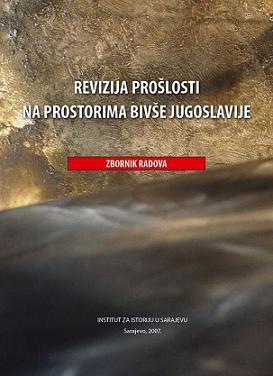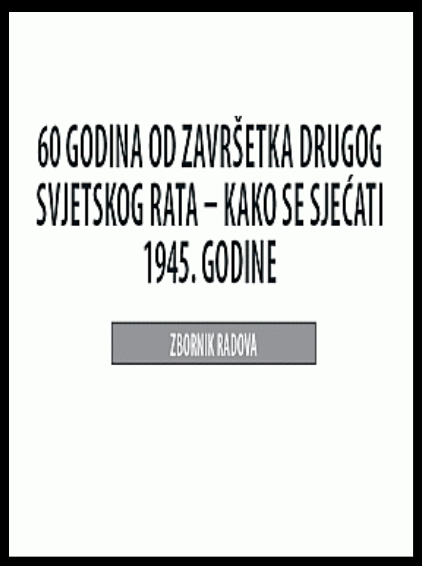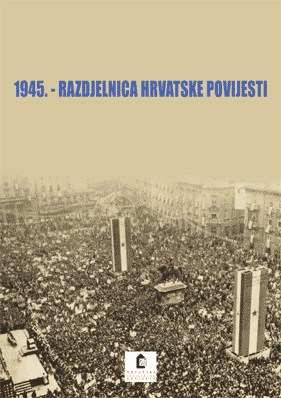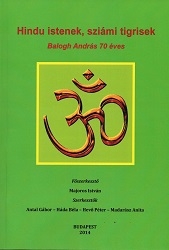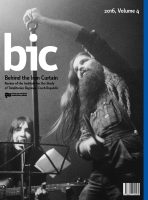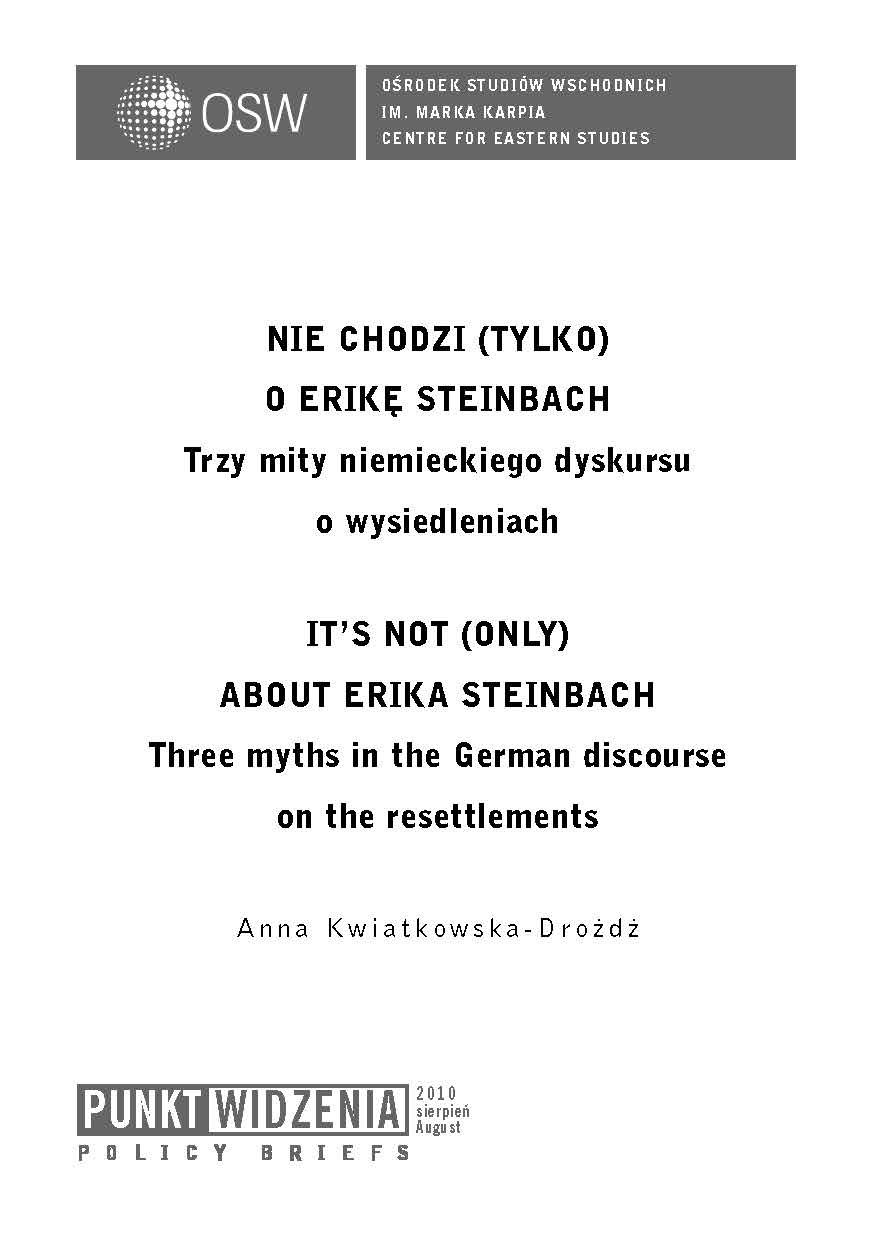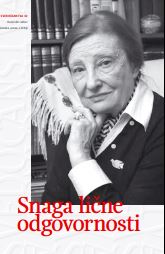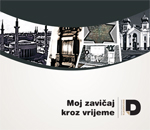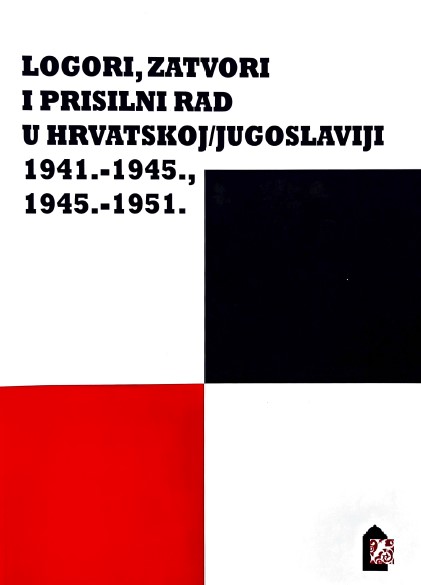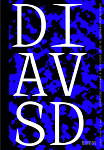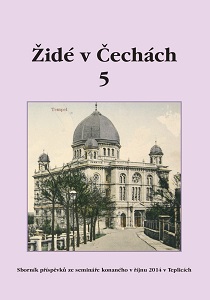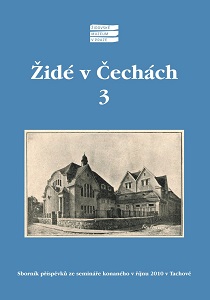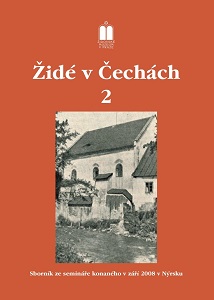Author(s): / Language(s): Croatian
Ne jednom smo si postavili pitanje zašto bi mladi ljudi trebali imati odnos prema prošlosti!? Većinu vremena tijekom našeg obrazovanja, nemamo velik interes za povijest. Često ju smatramo dosadnom i nepotrebnom. Međutim, dođe vrijeme kada si počnemo postavljati važna pitanja o kojima odgovore tražimo upravo u osobnim rukopisima i stranicama ispisanima povijesnim podacima koje nam mogu pomoći razumjeti uzroke sukoba, ratova i stalnih kršenja ljudskih prava. Uzroke i načine ljudskog stradanja koje nas vode traženju puteva solidarnosti i pozitivne društvene akcije, pamćenja i sjećanja. Zašto bi mlade prošlost trebala zanimati i kako danas dovodimo u vezu prošla zbivanja i život mladih danas? Vjerojatno se nećete iznenaditi, no mladi ljudi imaju odnos prema prošlosti, oni ga stvaraju i on se u njima stvara svakodnevno. Kroz obiteljske priče, iskustva naših susjeda, nastavne sadržaje, medije... Ključno je pitanje kakav je to odnos. Stvaramo li odnos prihvaćanja svega što čujemo ili ipak u tom odnosu spram prošlih zbivanja ima prostora kritičkom razmišljanju, selekciji sadržaja, korištenju kvalitetnih izvora informacija? Kakvom vidimo ulogu osobnih iskustava, kakvu priču o ratu i miru ona pričaju? Jeste li znali da su mladi najčešće korišteni instrument totalitarnih režima 20. stoljeća? Jeste li znali da mladi uglavnom nemaju pristup objektivnim interpretacijama povijesnih zbivanja utemeljenih na činjenicama? Jeste li znali da su mladi ljudi danas aktivni pronositelji isključivih političkih ideja i govora mržnje? Što mislite zašto je tome tako? Kako mladi mogu postati nositelji pozitivnih promjena, poruka solidarnosti i kulture mira? U pogledu na prošlost važnim ističemo suočavanje s istom, s bolnim posljedicama sukoba i ratova, s mnogobrojnim stradanjima nedužnih – djece, mladih, žena, staraca, muškaraca... Ističemo važnost suočavanja s istom jer se pokazuje da se povijest ponavlja. Važno je učiti iz nje. I sami poznajete izreku – povijest je učiteljica života! Čemu nas ona uči? Razmislite o nekim aspektima vašeg života danas, utjecajima koji su vas formirali – stavovima i iskustvima vaših baka i djedova. Kakvu odgovornost mladi ljudi imaju oko toga? Složit ćete se da je naša odgovornost kao mladih pripadnika/ica društva u kojemu živimo upravo način kako ćemo živjeti i graditi naša društva, na vrijednosnim temeljima ravnopravnog i uvažavajućeg odnosa spram svih ljudskih bića i njihovih prava i sloboda. Uz tu odgovornost, važna je i ona kako ćemo pričati povijesne priče i govoriti o prošlim zbivanjima, kako ćemo prenositi iskustva naših predaka. Naposljetku, važan je i naš stav prema teškim posljedicama ratova i svh oblika društvene isključivosti i političkoga nasilja koji nas i danas u modernim društvima okružuju. Upravo zato odlučili smo se na promišljen i sustavan doprinos dijalogu o prošlosti i kulturi sjećanja na stradanja i otpor nasilju kroz obogaćivanje nastave povijesti i nastavnih materijala. Željeli smo da taj dijalog unese kvalitetnije poznavanje i razumijevanje povijesnih zbivanja kod mladih, ali i da ih potakne na aktivno istraživanje povijesti njihova zavičaja – mjesta stradanja, mjesta sjećanja, mjesta otpora... Ove smo godine istražili zavičaje Osijeka, Zagreba i Opatijsko-liburnijskog kraja. U suradnji sa III. Gimnazijom Osijek, zagrebačkom Gimnazijom Lucijana Vranjanina i opatijskom Gimnazijom Eugen Kumičić kao i Volonterskim centrom Osijek i Muzejom Slavonije, Centrom za mirovne studije i Udrugom antifašističkih boraca i antifašista Opatije i Liburnije, u kasnim ljetnim, jesenskim i ranim zimskim mjesecima učili smo, razgovarali i istraživali ‘Moj zavičaj kroz vrijeme’ - kako smo i nazvali zajednički projekt – u vrijeme Drugog svjetskog rata i poraća te naslijeđe antifašizma na ovim prostorima. U tijeku istraživanja, suradnju smo ostvarili i sa nizom drugih vjerskih i manjinskih organizacija, koje su s nama podjelile njihova iskustva ovih teških događaja. Željeli bismo da nam se više srednjih škola u Hrvatskoj pridruži u otkrivanju povijesti krajeva koja su obilježila teška stradanja u Drugom svjetskom ratu i poraća, ali i antifašističkog otpora za vrijeme i poslije rata koji je jednako tako ostavio duboke tragove u kulturi hrvatskoga društva.
More...
